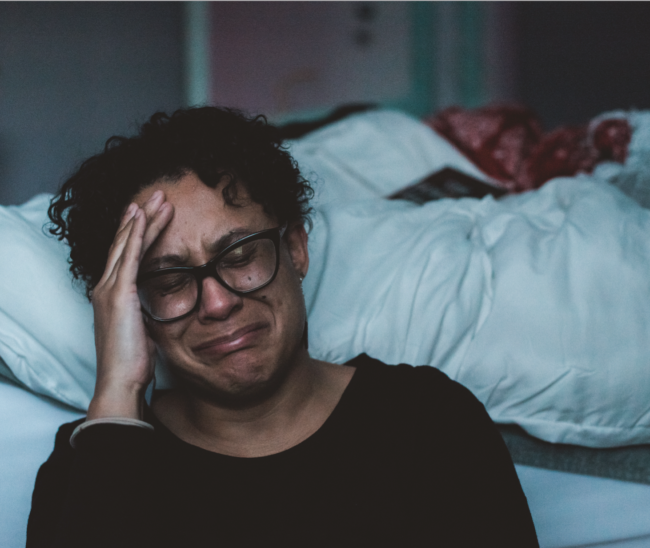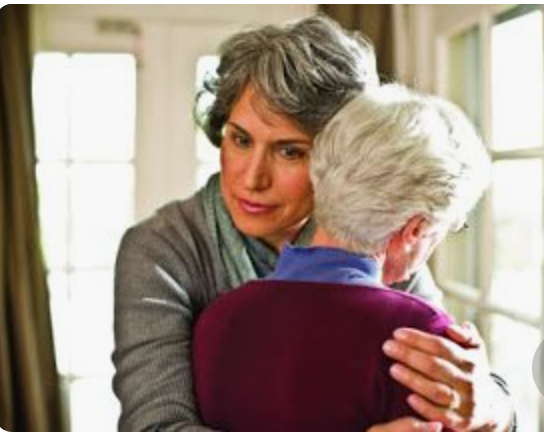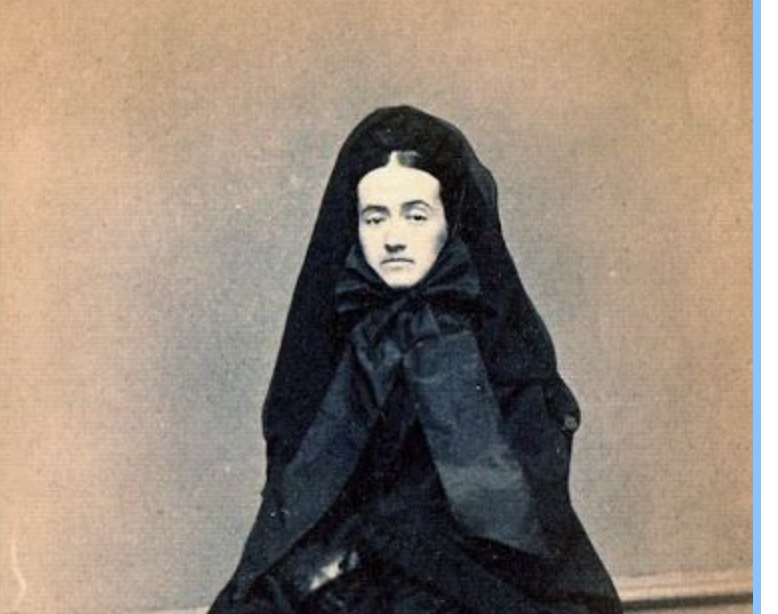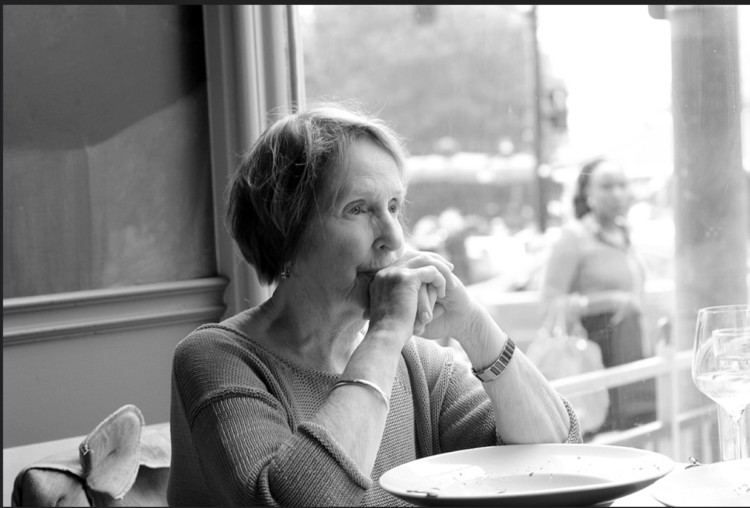GUEST POST by FRANCESCA ARNOLDY
Being a grief group co-leader has taught me to respect the invisible weight of grief.
I can scan a grief support group of friendly faces, and assume people are okay given their smiles and warm handshakes. And yet, once we get through introductions and take the conversation deeper, these seemingly “okay” people find the courage to expose their wounds where we arrive at the core of bereavement: an inescapable place of deep pain.
Grief is very individual. For some, it’s light as a feather, a faded memory housed in an otherwise contented heart. Reminders of the deceased bring warmth and comfort. For others, it’s a rock in the pit of their stomach. Triggers lurk around every corner, threatening tears and ruminating thoughts (coulda, woulda, shoulda questioning). For others still, it’s an unbearable anchor, impossible to lift and daunting to drag. They feel completely undone.
After a loss, we see things differently. We notice all the ways our world has changed forever. The rhythms and roles we had established are suddenly nullified. There’s so much to mourn.
We cannot bypass grief. We must sit with it. We must allow it to knock us sideways. What an unparalleled test of courage. Moments of distraction and even denial are also warranted. The psyche needs reprieve and patience, as well as support.
SUPPORTING THE BEREAVED:
Only ask, “How are you?” if you’re willing to hear the answer. Allow for the real response to emerge. Make space for many possibilities.
A person mourning might admit to feeling crushed, hopeful, tired, stunned, or anything in between. Often, when people inquire how a mourner is doing, they want to hear a positive answer. This is well-intentioned because people generally appreciate when others are happy. When the answer might actually be more complicated, we need to resist the urge to insert our own wishes with a caveat, i.e., “How are you?” quickly followed by, “Okay?” This leaves no space for exploring what’s present.
REACH OUT AND HOLD AWARENESS:
Bereavement can feel quite isolating. Toss someone a lifeline. Send an “I’m thinking of you” message from time to time.
Extend an occasional offer or invitation. Just be sure to do so without adding any pressure. We can ask; we cannot expect. Preface ideas with statements like “When you’re ready” or “When you feel up to it.” Open-ended invitations and practical, specific offers help forge connection. Mourners feel recognized in their suffering and also empowered to refuse or accept suggestions without guilt.
BE GENEROUS WITH KINDNESS:
We need to remember grief’s invisible nature. Most people aren’t wearing mourning attire or donning other noticeable markings these days. And even when we know someone is grieving, we can’t be sure how they’re experiencing it. Let’s be abundantly thoughtful. Let’s commit to assuming everyone we encounter deserves our care and compassion.
AVOID FIXING AND JUDGING:
We don’t need to rescue people from bereavement. We cannot save them from their pain, nor should we feel obligated to do so.
What we can do is believe in the strength of others. We can trust their inner compass, especially when they are in a place of doubt. We must not add insult to injury by questioning their grief journey. Instead of placing them on an arbitrary timeline of “getting over it” too slowly or quickly, we can simply honor where they are, which hardly remains stagnate or predictable. Mourners appreciate validation more than advice.
GRIEVING HEARTS:
Give yourself permission to be with your grief.
Welcome it all (as you can)—the tears, heartache, meaning making, answer-searching, questioning, doubts, regrets, wishes, relief. It’s all normal. Mourning can be very exhausting…and noisy. Seek an openhearted listener as needed.
Healing means integrating loss into the mind and finding a new way of being in the world. The loss remains an unshakable memory, forever housed inside us. Yet, as we take timid steps, our hearts begin to grow outward beyond the space inhabited by the sadness. New experiences, new connections, new opportunities for joy widen our capacity for happiness.
‘Moving on’ means honoring our grief and bravely opening ourselves to what’s to come.





